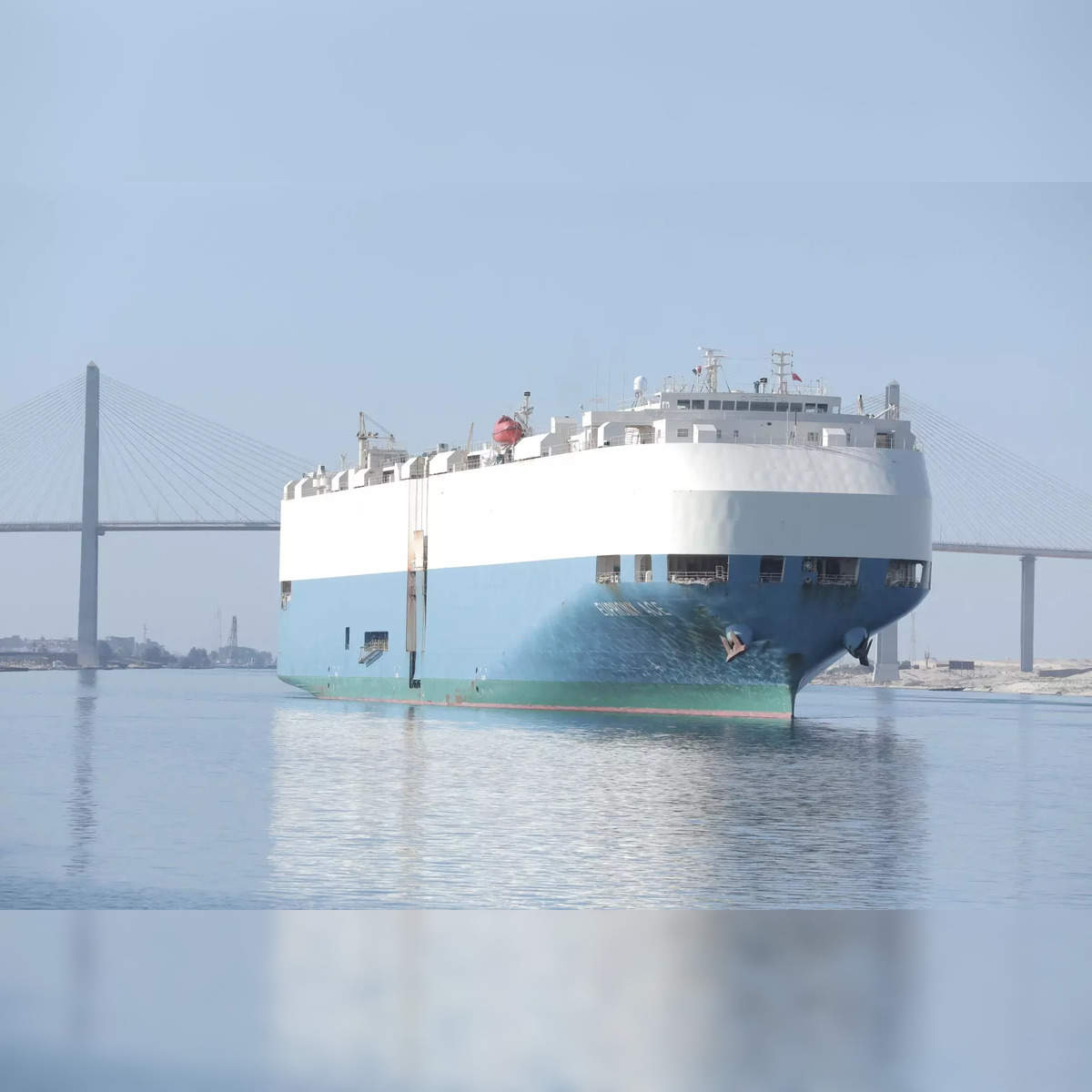
Navigating Complex Military Realities: Red Sea War Dynamics
The Red Sea, historically a conduit of trade and prosperity, has transformed into a theater of military dynamics marked by geopolitical complexities and strategic maneuvering. This article delves into the intricate tapestry of Red Sea War Dynamics, examining the factors at play, the evolving strategies, and the implications for regional and global security.
Geopolitical Landscape: Seeds of Conflict
The Red Sea’s geopolitical landscape lays the foundation for war dynamics. Historical disputes, territorial claims, and the strategic importance of the region fuel tensions among nations. As geopolitical ambitions clash, the Red Sea becomes a stage where military strategies are employed to assert dominance and safeguard perceived interests.
Naval Operations: Power Projection and Control
At the heart of Red Sea War Dynamics are intricate naval operations. Nations deploy fleets to project power and establish control over critical maritime routes. Naval posturing, patrols, and strategic positioning become essential elements in the geopolitical chessboard, where the ability to dominate the sea translates into influence on the global stage.
Strategic Chokepoints: Key to Maritime Supremacy
Strategic chokepoints in the Red Sea amplify the intensity of military dynamics. Control over these key passages is a gateway to maritime supremacy. Nations strategically position their forces to regulate the flow of maritime traffic, thereby influencing economic and geopolitical outcomes in the region.
Cyber Warfare Integration: The Digital Battlefield
Red Sea War Dynamics extend beyond traditional warfare, with cyber warfare emerging as a significant player. The integration of cyber capabilities into military strategies introduces a new dimension. Nations leverage digital tools to disrupt communication, compromise security systems, and gain a tactical advantage in this digital battlefield.
Proxy Conflicts: Regional Power Struggles
The Red Sea becomes a proxy battleground for regional power struggles. As global powers vie for influence, they support opposing factions, turning local disputes into international conflicts. Proxy engagements escalate military dynamics, creating a volatile environment where the interests of external actors shape the course of regional security.
Humanitarian Challenges: Impact on Civilians
Amidst the military posturing and strategic calculations, civilians bear the brunt of Red Sea War Dynamics. Humanitarian challenges arise as conflicts displace communities, disrupt essential services, and create a precarious living environment. Addressing the human toll becomes an urgent imperative amid the military complexities.
Diplomacy Amidst Conflict: Seeking Resolutions
Diplomatic efforts play a crucial role in mitigating Red Sea War Dynamics. International organizations and diplomatic channels become avenues for dialogue and conflict resolution. While military strategies are at play, diplomatic initiatives seek to de-escalate tensions and find peaceful resolutions to the complex web of geopolitical rivalries.
Security Measures for Stability: A Delicate Balance
Navigating Red Sea War Dynamics demands the implementation of comprehensive security measures. Nations engage in a delicate balance between ensuring their security interests and contributing to regional stability. Military strategies include surveillance, rapid response mechanisms, and collaborative efforts to maintain a semblance of order in the conflict-ridden waters.
Global Implications: Red Sea in the International Spotlight
Red Sea War Dynamics have far-reaching implications on the global stage. The region’s strategic importance for trade and energy makes it a focal point for major powers. The international community closely watches developments in the Red Sea, recognizing that the military dynamics in this region reverberate beyond its shores.
In the evolving landscape of Red Sea War Dynamics, the intersection of geopolitics, naval operations, cyber warfare, and humanitarian concerns paints a complex picture. The delicate balance between military strategies and diplomatic initiatives will determine the future trajectory of this critical region.
